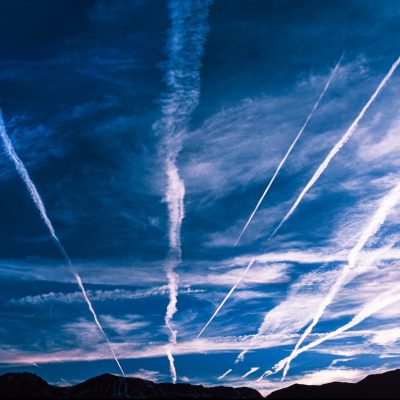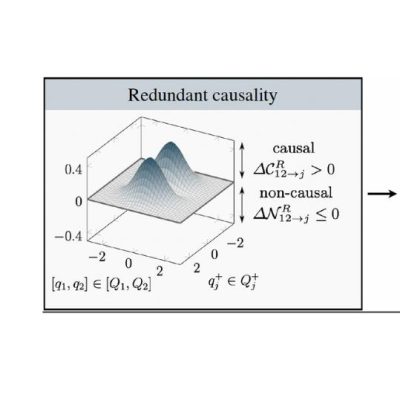
Limits to extreme event forecasting in chaotic systems
Research from the Computational Turbulence Group derives the minimum possible error in the prediction of extreme events in complex chaotic systems, along with its information-theoretic lower and upper bounds.
Authors: Yuan Yuan and Adrián Lozano-Durán
Citation: Physica D: Nonlinear Phenomena, June 2024
Abstract
Predicting extreme events in chaotic systems, characterized by rare but intensely fluctuating properties, is of great importance due to their impact on the performance and reliability of a wide range of systems. Some examples include weather forecasting, traffic management, power grid operations, and financial market analysis, to name a few. Methods of increasing sophistication have been developed to forecast events in these systems. However, the boundaries that define the maximum accuracy of forecasting tools are still largely unexplored from a theoretical standpoint. Here, we address the question: What is the minimum possible error in the prediction of extreme events in complex, chaotic systems?
We derive the minimum probability of error in extreme event forecasting along with its information-theoretic lower and upper bounds. These bounds are universal for a given problem, in that they hold regardless of the modeling approach for extreme event prediction: from traditional linear regressions to sophisticated neural network models. The limits in predictability are obtained from the cost-sensitive Fano’s and Hellman’s inequalities using the Rényi entropy. The results are also connected to Takens’ embedding theorem using the information that can’t hurt inequality. Finally, the probability of error for a forecasting model is decomposed into three sources: uncertainty in the initial conditions, hidden variables, and suboptimal modeling assumptions. The latter allows us to assess whether prediction models are operating near their maximum theoretical performance or if further improvements are possible. The bounds are applied to the prediction of extreme events in the Rössler system and the Kolmogorov flow.

